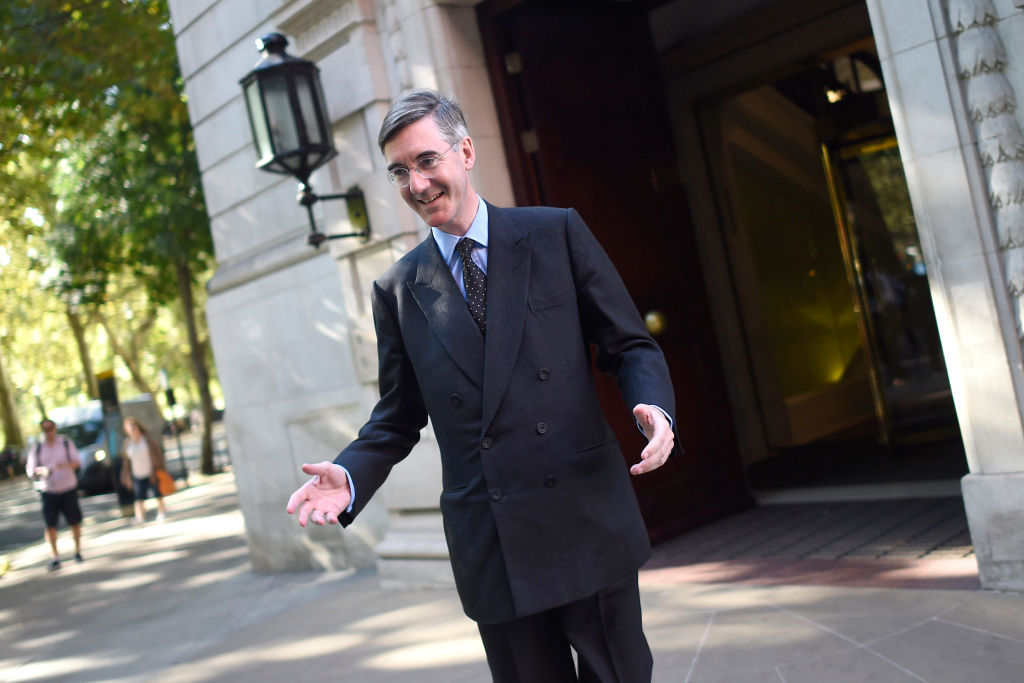Appropriately, given the length of time it has taken politicians of all colours to continue putting off taking any sort of decision on Brexit, the government has decided to try to break the legislative speed record this week by rushing through the Withdrawal Agreement Bill in just a few days. Leader of the House Jacob Rees-Mogg announced the timetable for the legislation in a business statement to the Commons this afternoon, telling MPs that they will be rattling through the second reading tomorrow, as well as starting the committee stage, which will continue the following day, with all Commons stages wrapping up by Thursday.
There are threats to make MPs sit until midnight in order to meet this timetable, which is extraordinarily brisk for such a landmark piece of legislation. MPs are largely responding to it on a factional basis, with Brexiteers saying it’s fine because parliament needs to get Brexit done and there have been other speedy bills such as the Benn Act, and anti-Brexit members arguing that this is a constitutional outrage. This is a foreshadowing of what the debate will look like over the next few days: MPs will likely merely debate the principles at stake rather than the detail of the legislation.
One of the reasons bills have so many different stages in both houses of parliament is that MPs and peers have the opportunity to raise problems not just with the principles of each bill, but also with the minutiae of how it is drafted. Sometimes this minutiae can be simple stuff, like spelling mistakes (though governments have been known to reject opposition amendments correcting typos because this would mean a minister would have to concede to his or her rivals). But often it can be a problem with the design of a policy which means that it cannot achieve its objectives. We see this most tangibly with welfare reforms, where MPs may well agree with the plan to cut benefit spending, but discover that the way the government is going to go about is going to cost more money. Normally, though, MPs have about a fortnight of bill committee meetings in which to point this out, before getting further chances at report stage. They’ve barely got time to read and understand the WAB before they find that it has moved on through the Commons.
This suits the government whips very well indeed: it’s a bother when even well-intentioned parliamentarians notice that legislation isn’t going to work as intended. The greater headache for those trying to push this bill through is whether MPs sign up to the timetable, which will be set out in a programme motion for the Commons to approve. Programme motions have been the death of big reforms before: the Coalition government’s attempt at House of Lords reform fell because MPs turned on the government in that vote, rather than on the principle of the matter. There are MPs, like Ken Clarke, who have said they are in favour of the deal but who are making distinctly unimpressed sounds about this legislative dash. And it’s much easier for MPs who oppose Brexit to focus on what is after all quite a reasonable argument that there isn’t enough time for the bill to be properly scrutinised, and to vote against the timetable. No. 10 is already arguing that voting against the programme motion is a vote against Brexit, which shows how worried they are about a division which usually excites very little interest indeed.







Comments